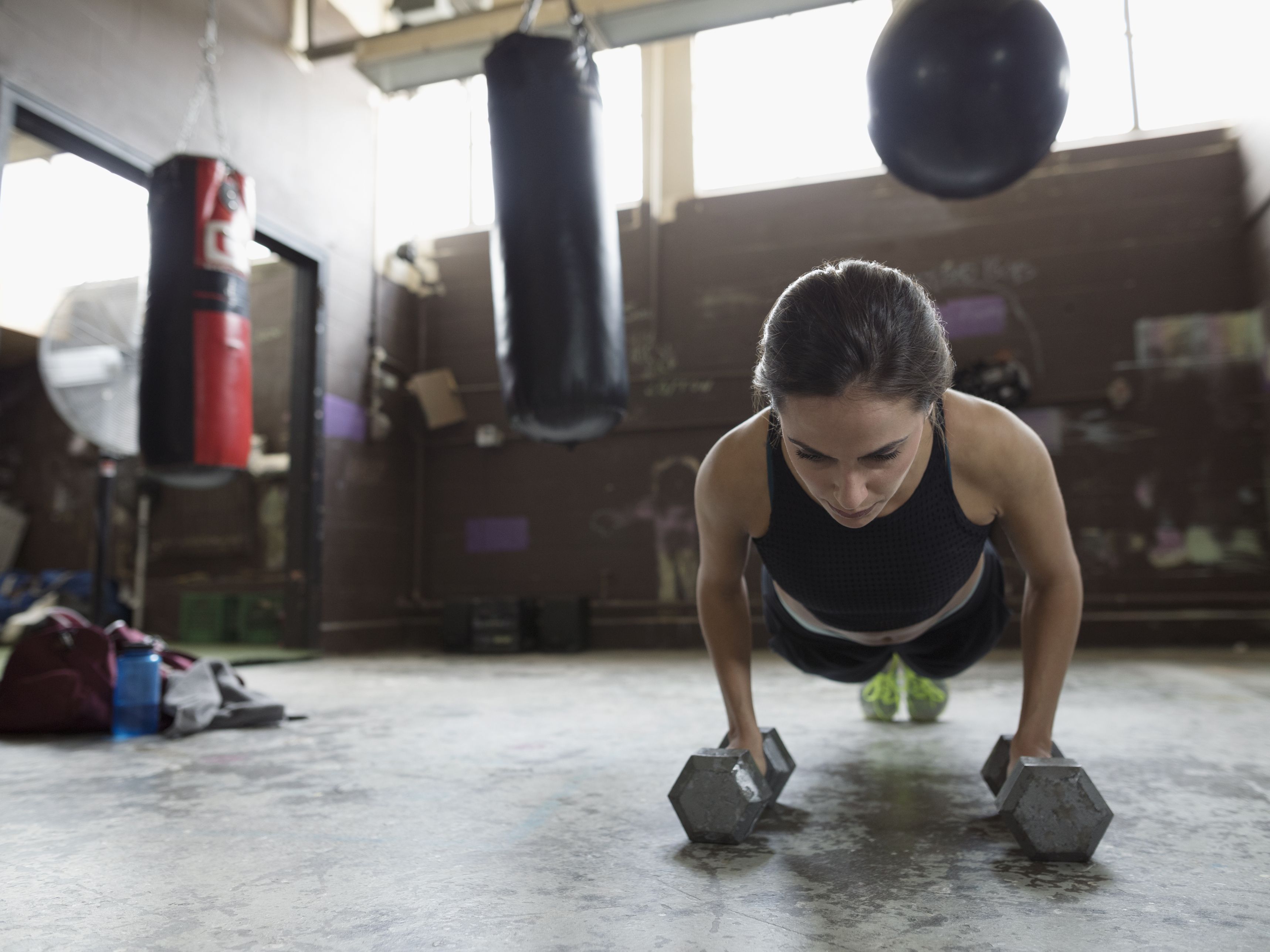
You may be wondering if drinking water can help you lose weight. Drinking water right before meals and when you feel hungry is the best way to lose weight. It is possible for hunger and thirst signals to get confused. Drinking water before meals can help you feel full. It can also stop you from binging. However, everyone is different.
Increases in resting energy expenses
Drinking water can boost your energy expenditure at rest and aid in weight loss. The thermogenic effect of water was found to boost energy expenditure by up to 30%. This effect can be seen in both men as well as women after drinking water. Researchers used indirect calorimetry for measuring resting energy expenditure. They found that women and men had higher energy expenditures after drinking water. However, their resting RQ was lower.
Thermogenesis is an important part of daily energy expenditure. This is a common overlooked factor and could be useful as an adjunct treatment for those who are overweight or obese. However, this research did NOT examine any other factors that could have contributed to the effect. More studies are needed to identify the exact mediators of drinking water loss.

Reduces calorie intake
Drinking water is a low-calorie beverage that can help you reduce your calorie intake and lose weight. Water can help you lose more calories. Study after study showed that drinking 500 ml water resulted in participants burning an additional 2 to 3% of their energy. Your body needs to heat the water more to make it warm, which results in additional calories being burned.
One study found that a half-liter of water (roughly seven ounces) per day reduces weight gain by nearly 9 kg. Research also showed that kids who consume more water can be less likely to develop obesity. This included installing water fountains in 17 schools and teaching children about the importance water consumption.
Thermogenesis stimulator
Drinking water can stimulate thermogenesis and boost the body's metabolism. Studies show that half a glass of water can boost SNS activity, plasma levels of noradrenaline, and activity in the muscle sympathetic nerves. Drinking water may also aid in weight loss by increasing your energy consumption throughout the day.
The sympathetic nervous system plays a significant role in thermogenesis, which is an important part of body weight regulation. Thermogenesis has been demonstrated to be promoted by certain foods and beverages, such as medium-chain fatty acid, catechin polyphenols and capsaicinoids.

Feels less hungry
Water has many benefits for your body, but a key benefit for weight loss is its ability to curb your hunger and decrease calorie intake. Water acts as an appetite suppressant, flushing out toxins and reducing fluid retention. People mistakenly feel hungry for thirst, which can lead to them reaching for unhealthy foods. This can be avoided by drinking water first if you feel hungry.
Research shows that people who drink water prior to meals have a tendency to lose five pounds more. Drinking water before eating can make you feel less hungry, as they don't need to eat calories. It is best to have plain water before you eat.
FAQ
What foods should I consume during an intermittent fast to lose weight
Cut out carbs to lose weight. This means that you should cut out carbohydrate-based foods like bread, pasta and rice.
It is important to eat less protein, as it will keep you fuller longer. So you won’t feel hungry nearly as often.
Focus instead on foods high in healthy fats such olive oil and avocado, as well as nuts and seeds. These foods will keep you full for hours after you eat them.
It's vital that you get enough water. Water is important for your body's ability to stay hydrated and helps you burn more fat.
Sometimes you may feel compelled to eat these foods even if you're not fasting. You don't have to cave to your cravings. You might gain more weight if you do.
You can avoid overeating by being mindful of how much water you consume each day. Drink a glass water whenever you feel hungry.
Although it might seem counterintuitive, this is actually proven to be a great way to lose weight. One study published in Obesity showed that plain water was more nutritious than sugary drinks.
In addition, drinking plain water helped reduce feelings of hunger. Don't drink sweetened beverages if your goal is to lose weight. Stick to water.
It doesn't take much to lose weight. Instead, make small lifestyle changes.
Try swapping out your usual breakfast sandwich in favor of a bowl o' oatmeal. Alternately, you can swap your afternoon cookie with a piece de fruit.
These easy changes can help you lose weight and keep your kitchen clean.
Why not lose weight before your 40th birthday?
Over 40s should be concerned about their health and fitness. It is crucial to find ways that you can stay fit throughout your entire life. Regular exercise, healthy eating, moderate alcohol consumption, and quitting smoking are all important.
It is important to recognize that our bodies change as we age. Our bones start to weaken, and our muscles start to shrink. The best way to slow down the aging process is to take care of ourselves.
As we age, there are many advantages to being healthy and fit. These benefits include:
-
Better sleep
-
Improved moods
-
Increased energy
-
Lower risk for cancer
-
A longer life
-
More independence
-
Better sex
-
Better memory
-
Improved concentration
-
Improved circulation
-
Stronger immune system
-
Fewer aches & pains
Is cardio a way to quickly lose weight?
Cardio exercises are great at burning calories but don't help you lose weight. It depends on how fat you have and what exercise you do.
If you're obese, cardio exercises might not be enough for you to shed those extra pounds.
They should be combined with other types of exercise and dieting.
Cardio exercises, such as running or jogging, can help you lose weight quickly. These exercises burn more calories than any other form of exercise.
You should train resistance to gain muscles, not fat. Resistance training is done with no cost weights, machines, elastic bands, or other equipment.
Combining cardio exercise with resistance training is a great way to lose weight quickly.
For fast weight loss, combine resistance and cardio training.
What can you drink while intermittent fasting is in effect?
Get water in the morning. It helps you feel full faster and gives you energy throughout the day. To add some flavor, you can add lemon juice to the mix or cucumber slices.
Statistics
- A 12-week study in 20 women with obesity found that walking for 50–70 minutes 3 times per week reduced body fat and waist circumference by an average of 1.5% and 1.1 inches (2.8 cm), respectively (healthline.com)
- One study in 9 active men found that HIIT burned 25–30% more calories per minute than other types of exercises, including weight training, cycling, and running on a treadmill (18Trusted Source (healthline.com)
- According to Harvard Health, it's estimated that a 155-pound (70-kg) person burns around 167 calories per 30 minutes of walking at a moderate pace of 4 mph (6.4 km/h) (5). (healthline.com)
- One 6-month study showed that simply doing 11 minutes of strength-based exercises 3 times per week resulted in a 7.4% increase in metabolic rate, on average. (healthline.com)
External Links
How To
How to Intermittent Fasting
Intermittent eating is a way to lose weight that you only have one day of the week. It's usually Monday through Thursday. The idea behind this is to reduce your overall calorie intake while still getting adequate nutrition. This helps you lose fat more quickly than if it were your normal meals for the entire week.
The most common type of IF is to restrict calories on specific days of the week. This means that you might skip breakfast every day and then indulge in whatever food you desire throughout the day. It is possible to choose to have three smaller meals each day, rather than two large.
There are many different forms of intermittent fasting, including alternate day fasting, 5/2 fasts, 8/4 fasts, 16/8 fasts, etc. Each form of intermittent fasting comes with its own pros and cons. Alternate day fasting is the easiest way to start out because you don't have to make any major changes to your lifestyle. Some people may find it difficult to adhere to such a strict schedule, so they might try other methods.
I recommend alternate-day fasting if you're starting an intermittent fasting regimen. This will allow to slowly transition to more extreme fasting regimens without drastically changing your lifestyle.